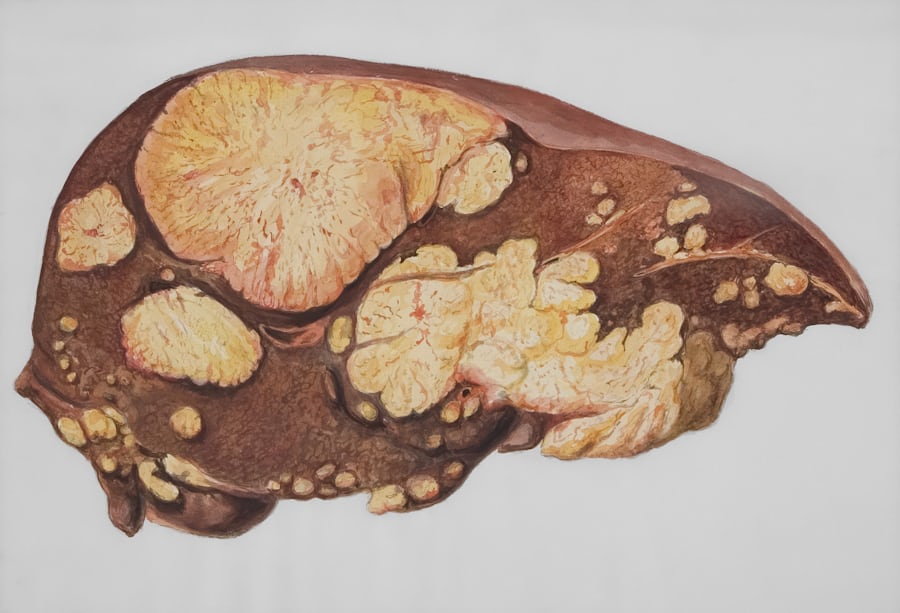Kidney Stones: A Deeper Look into Their Formation
Kidney stones are hard, pebble-like pieces of material that form in one or both kidneys when high levels of certain minerals in urine are not sufficiently diluted. These stones can vary in size from a grain of sand to a golf ball and can cause significant pain as they pass through the urinary tract. The formation of kidney stones, a condition known as nephrolithiasis, is a complex process influenced by a combination of factors including diet, hydration levels, underlying medical conditions, and genetics.
The fundamental cause of kidney stone formation is a supersaturation of the urine with stone-forming substances. When the concentration of these substances, such as calcium, oxalate, uric acid, and phosphate, becomes too high, they can crystallize. Normally, urine contains substances that inhibit the formation and aggregation of these crystals. However,when these protective mechanisms are overwhelmed, the crystals can bind together, grow, and form a solid stone.
Several key factors contribute to this imbalance:
Dehydration: Not drinking enough water is the most significant risk factor for kidney stone formation. Insufficient fluid intake leads to concentrated urine, creating an ideal environment for crystals to form and clump together.
Diet: Dietary choices play a crucial role. A diet high in sodium can increase the amount of calcium in the urine,raising the risk of calcium-based stones. Similarly, a high intake of animal protein (meat, poultry, and fish) can increase uric acid levels, contributing to both uric acid and calcium oxalate stones. Foods rich in oxalates, such as spinach, rhubarb, nuts, and beets, can also contribute to the formation of calcium oxalate stones in susceptible individuals.
Obesity: Being overweight or obese is linked to an increased risk of kidney stones. Obesity can alter the acid levels in the urine and is often associated with other risk factors like insulin resistance and a diet high in stone-forming substances.
Types of Kidney Stones and Their Specific Causes
There are several different types of kidney stones, each with its own specific causes:
Calcium Oxalate Stones: This is the most common type of kidney stone. They form when calcium combines with oxalate in the urine. High levels of calcium or oxalate in the urine, often due to dietary factors or metabolic disorders, are the primary cause.
Calcium Phosphate Stones: These stones are less common and are often associated with underlying metabolic conditions, such as renal tubular acidosis, and certain urinary tract infections.
Uric Acid Stones: More common in men, these stones form when the urine is consistently acidic. A diet rich in purines, found in high concentrations in red meat and organ meats, can lead to higher levels of uric acid in the urine. Gout, a condition characterized by high uric acid levels in the blood, is also a significant risk factor.
Struvite Stones: These stones are almost always associated with chronic urinary tract infections (UTIs). The bacteria that cause these infections produce ammonia, which raises the urine’s pH and promotes the formation of these stones, which are composed of magnesium, ammonium, and phosphate.
Cystine Stones: These rare stones are caused by a genetic disorder called cystinuria, which leads to excessive amounts of the amino acid cystine being excreted in the urine.
Other Contributing Risk Factors
Beyond diet and hydration, several other factors can increase an individual’s susceptibility to kidney stones:
Medical Conditions: Certain medical conditions can increase the risk, including hyperparathyroidism (which leads to excess calcium in the blood and urine), inflammatory bowel disease, and chronic diarrhea (which can affect the absorption of calcium and water).
Medications: Some medications, including certain diuretics, calcium-based antacids, and some drugs used to treat migraines and seizures, can increase the risk of kidney stone formation.
Family History: A personal or family history of kidney stones significantly increases an individual’s risk,suggesting a genetic predisposition.
In conclusion, the formation of kidney stones is a multifactorial process. While the immediate cause is the crystallization of minerals in the urine, the underlying reasons for this are a complex interplay of lifestyle factors, dietary habits,underlying medical conditions, and genetic predisposition. Understanding these factors is key to both preventing and managing this often-painful condition.


